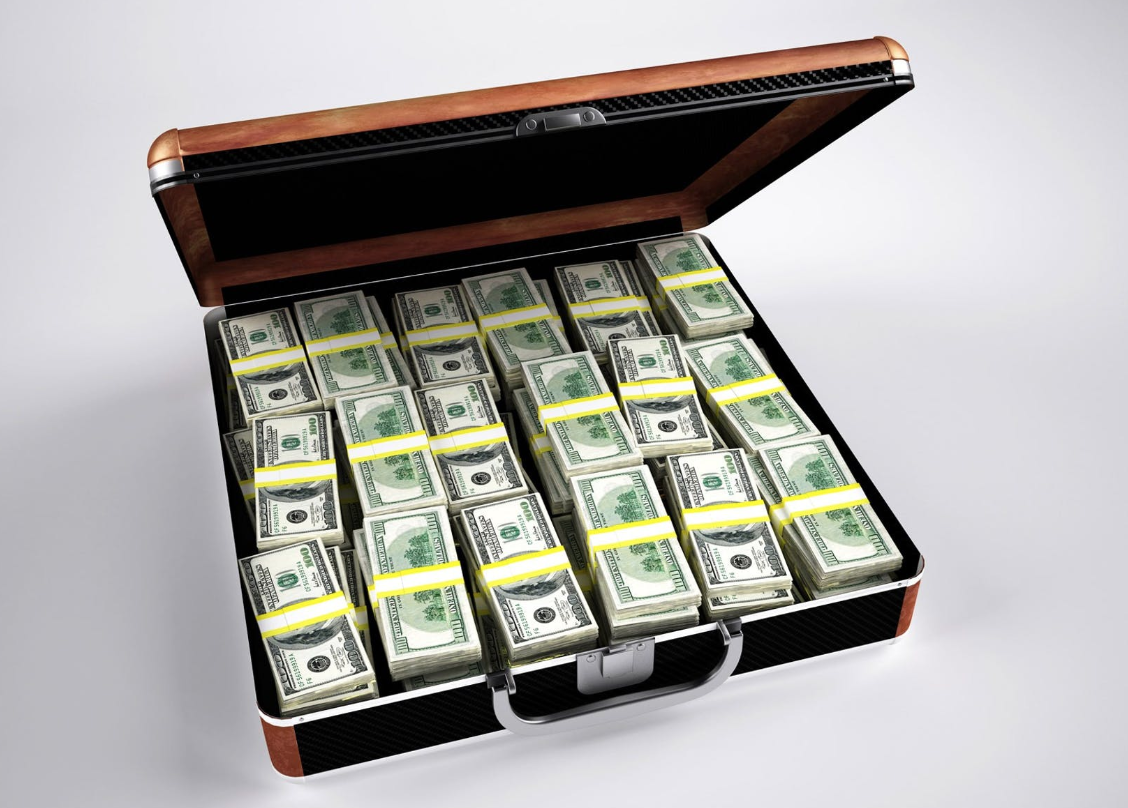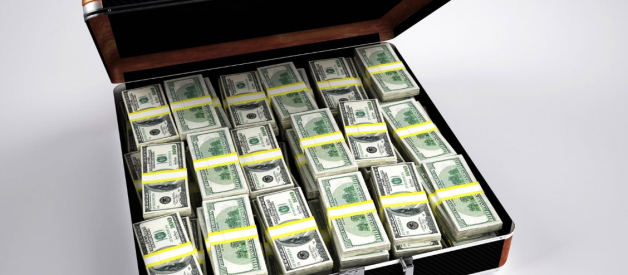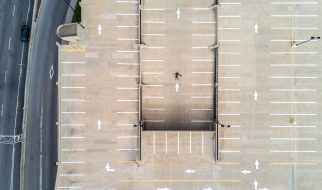 Not your typical carry on
Not your typical carry on
In the US, is is completely legal to fly with large amounts of cash. However, if you don?t pay attention to some basic rules, you could easily lose some or all of your money. This is true if you are traveling with US currency, currency from other nations, or other monetary instruments like travelers checks, and money orders. You should take common sense steps to protect yourself from unwanted attention, but you should also be aware of what legal issues you may have to address. What you have to do will depend on how much money you are carrying and whether you are entering the US.
Cash is just one kind of money
Cash is a just a physical form of currency and is typically in the form of paper notes like the US dollar, or in coins that are used as currency. When it comes to US laws and regulations, cash is just one of many things that are considered to be money. Currency, either from the US or from other countries, is money, but so are the following items: coins that are used as currency, travelers checks, regular checks, promissory notes or money orders that are endorsed and ready to be cashed. This includes checks that are signed, but with the name of the payee omitted (the ?To:? line is blank).
How much is a large amount of money?
What you think is a large amount of money is not important. What law enforcement and security officials think is a large amount of money is. If the physical amount of money you are carrying is enough to draw the attention of officials, it is a large amount. Fat wallet, no noticeable. Backpack full of cash, very noticeable.
The value of your money is important only when entering the US. You are required to declare any amount of money over $10,000 when you enter to country, and it doesn?t matter if it is a suitcase full of cash or a single piece of paper.
Travel within the United States
If you are on a domestic flight in the US, there is no limit to the amount of cash or monetary instruments that you can carry. However, the TSA (Transportation Security Administration) security officers at the passenger screening area may ask a passenger who is carrying a large sum of cash to account for the money. If the TSA suspects that the money is related to some kind of criminal activity such as drug trafficking or money laundering, they may turn the issue over to a law enforcement agency at the airport (TSA has no law enforcement powers). If your money is even suspected to be related to criminal activity, that money could be confiscated and you may have to go to court to get that money back.
Remember that if you are flying into the US and changing to another plane after you arrive, you will have to go through TSA before boarding another flight.
Travel to and from the United States
If you are leaving the US, there is no limit to the amount of money you can carry, but you will have to deal with the customs or border officials at your destination. You should check the rules of your destination country, or any country that your plane may visit before reaching your destination, before you go.
When traveling to the US, you have to report the amount of money (see the above definition) to a US customs official if the amount of money is greater than $10,000. This is the case if everyone who is traveling with you as a group (such as your family) has more than $10,000 between them. There is no tax or duty on this money if you report it, but you don?t report the money, it may be confiscated and you could be subject to civil or criminal penalties.
Protecting your money from theft or other losses
When you carry cash or other forms of money with you on an airline trip, you should take some very basic steps to keep from becoming a victim of theft, or from losing your money by accident.
- Avoid traveling with large amounts of cash or other forms of money.
- Always keep your money in a carry on bag. Your airline will not compensate you if your money is in a checked bag and that bag is lost, stolen, or destroyed.
- Keep your money and other valuables out of public view.
- Keep your baggage and belongings in sight when passing through a security checkpoint.
- If your carry on baggage must be searched, insist on keeping your bag in sight.
- If asked about the amount of money in your baggage by a TSA agent US Customs and Border Patrol agent, or other responsible authority, tell the truth.
- If you suspect that you have been a victim of theft, contact an airport police officer or other law enforcement representative immediately (note that TSA agents are not law enforcement agents)
- If you suspect that a TSA screener or other screening area employee has stolen your property, contact a TSA supervisor.
Visit AirSafe.com for more information about airline safety and security.


